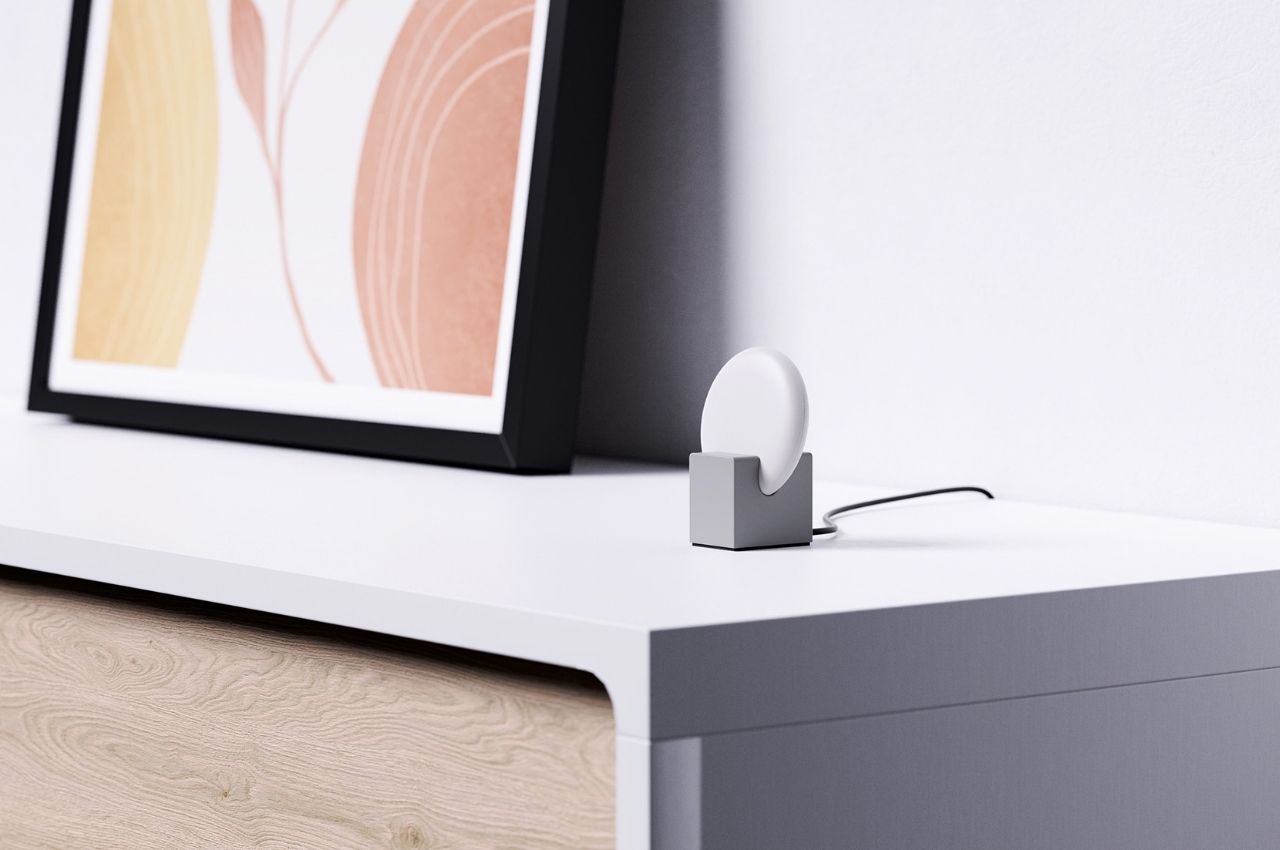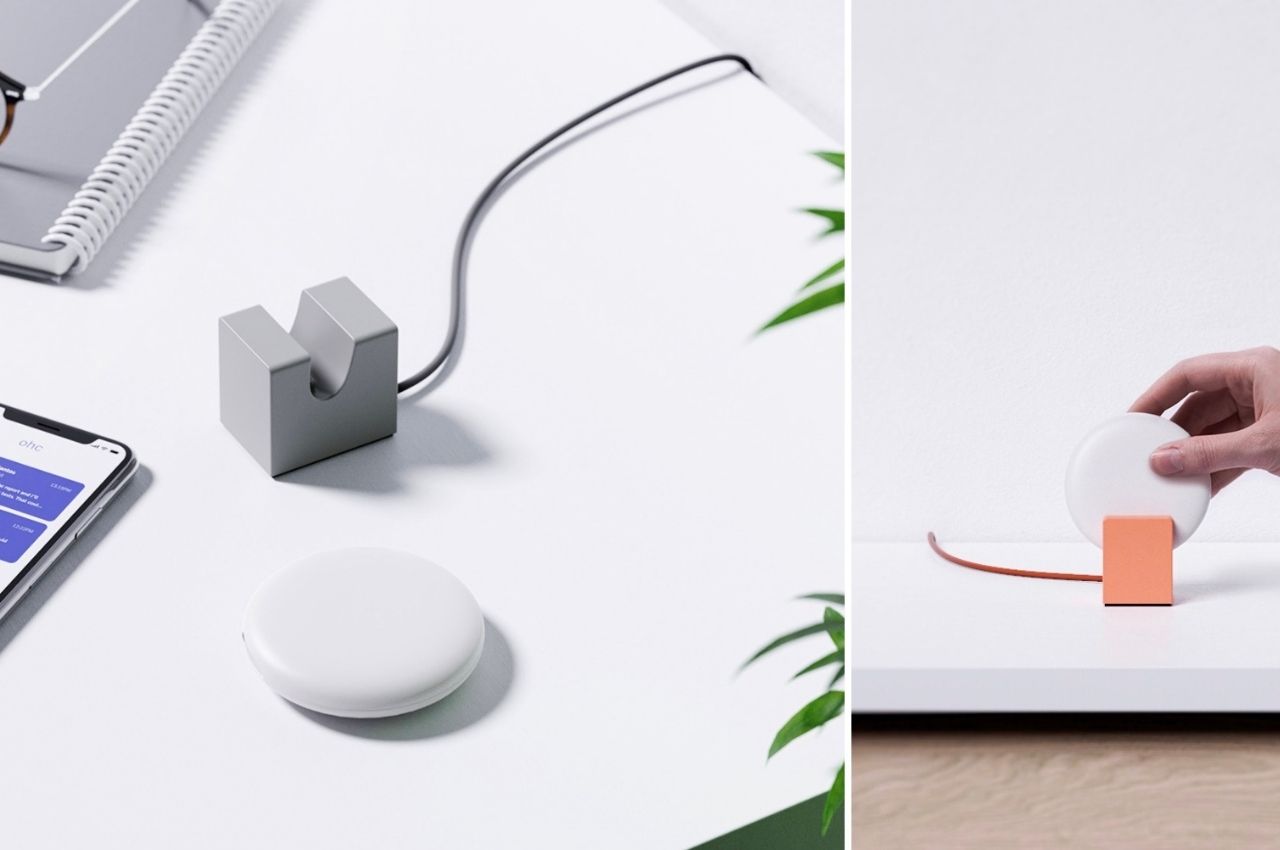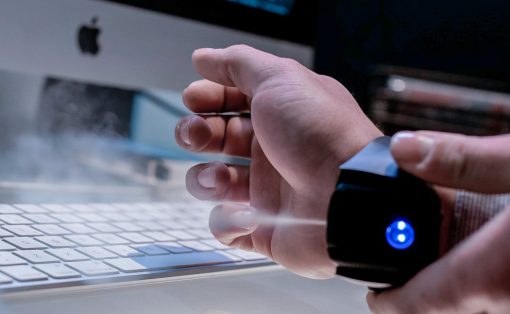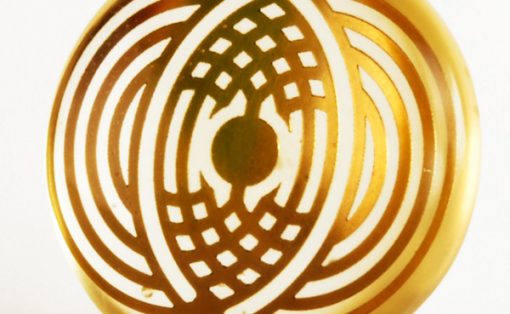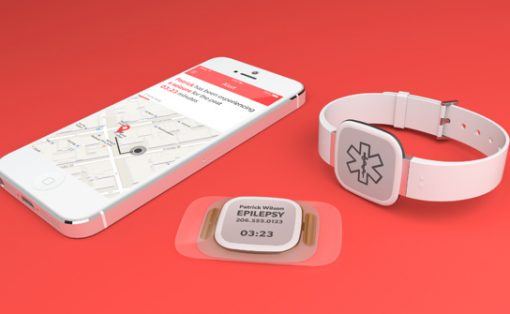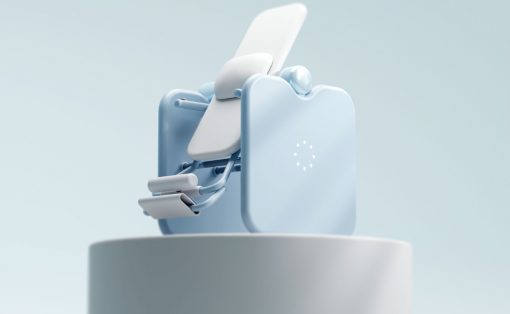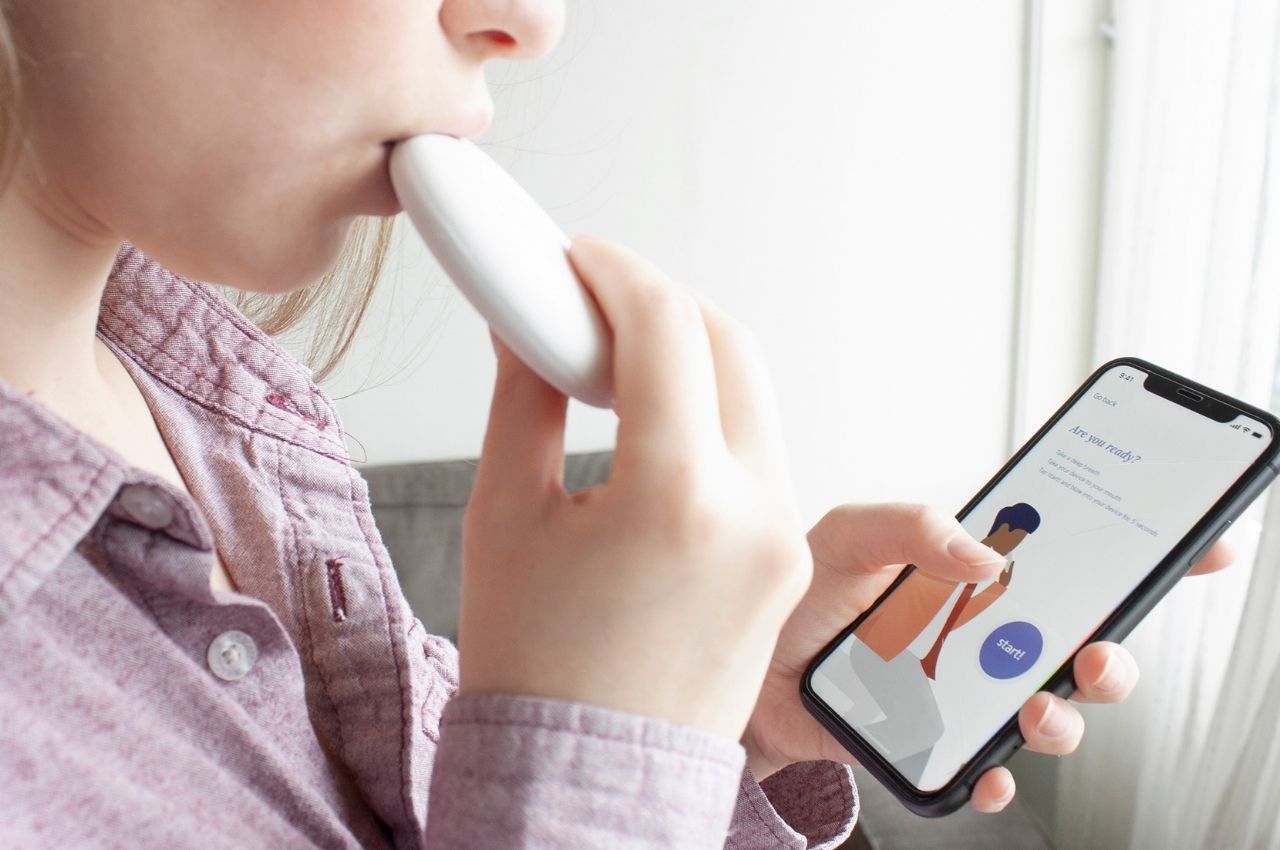
Most of the at-home medical devices that we have are more functional and not design-focused. The important thing for most users is that it does what it’s supposed to do, whether it’s measuring blood pressure or taking your oxygen saturation level. But what if the design of the device actually contributes to how regularly the “patient” will be using it and how regularly they use it is connected to early detection and diagnosis?
Designer: Lucas Couto
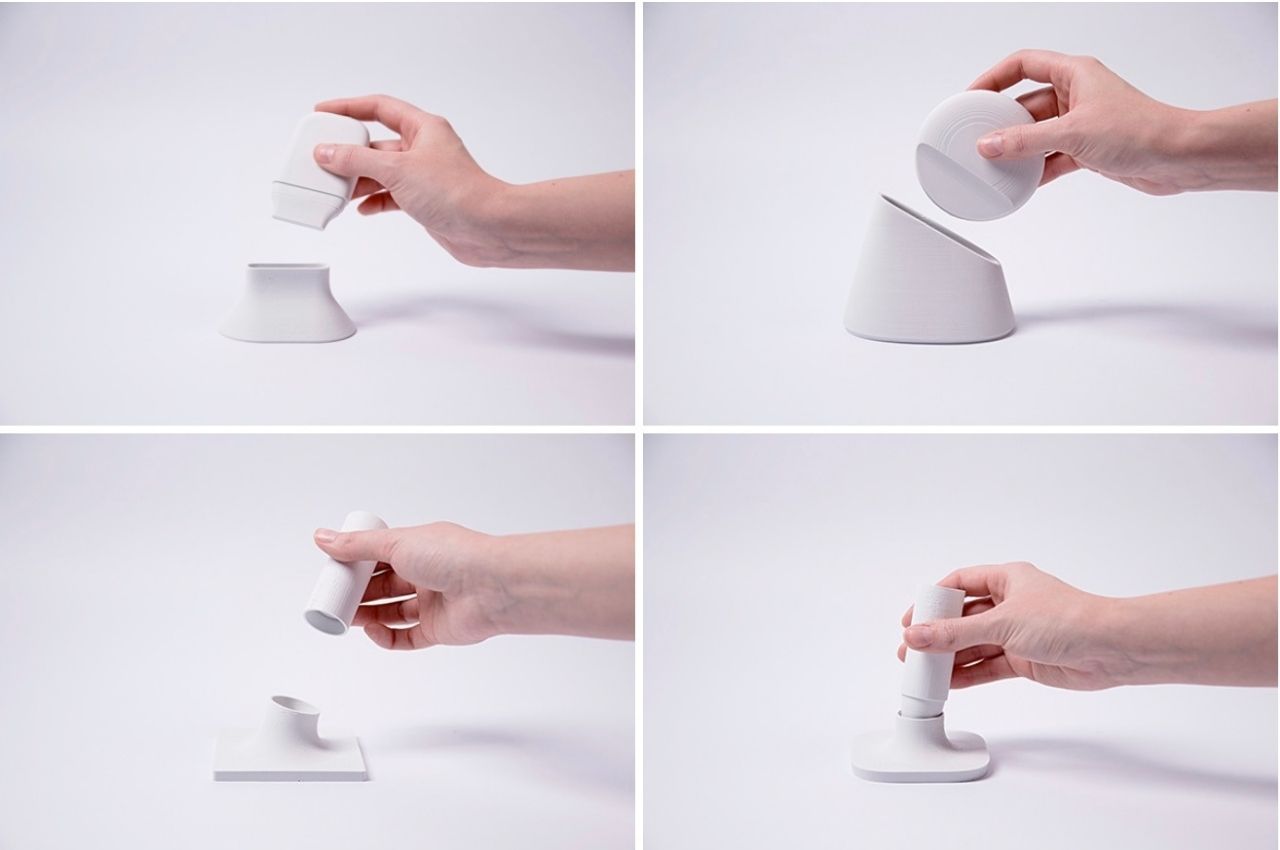
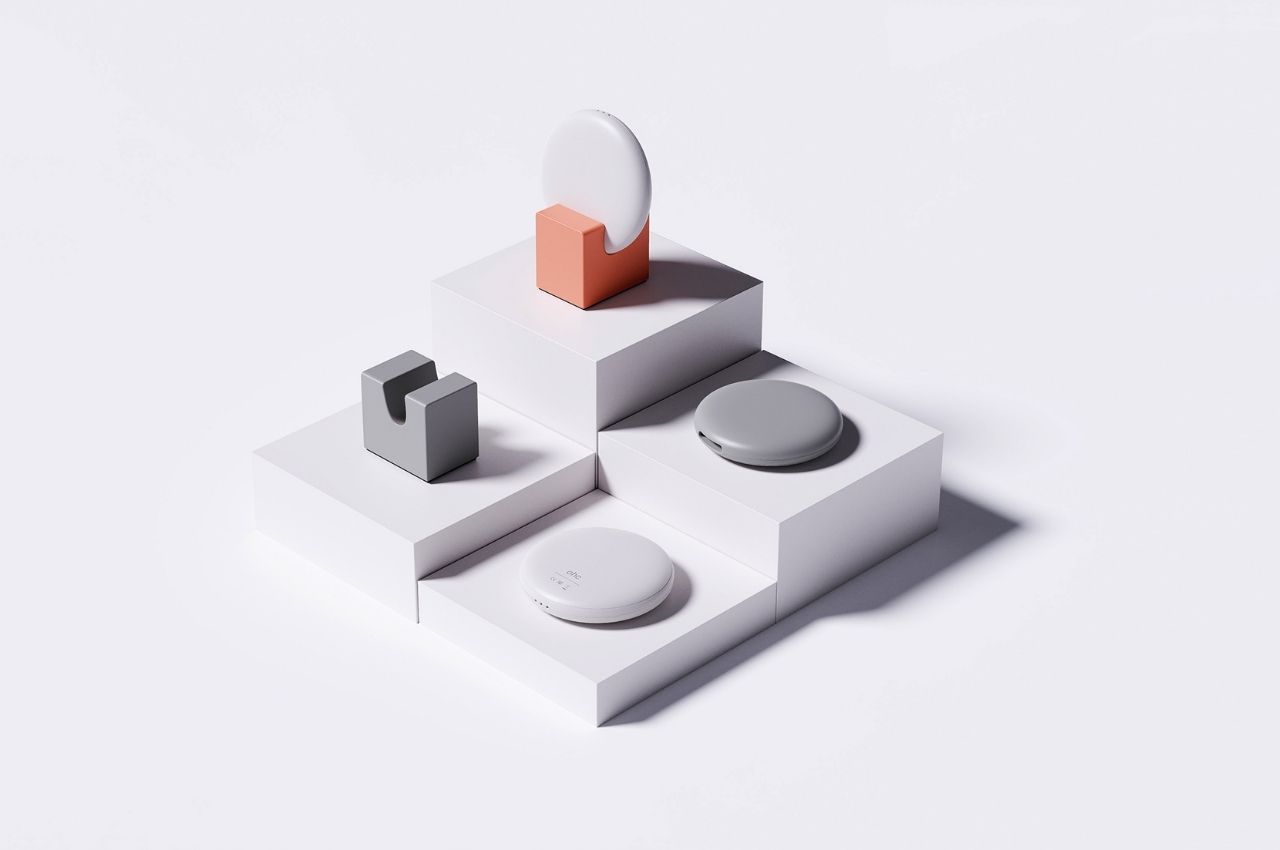
This is the idea behind the concept for a Home Breath Analysis device by designer Lucas Couto. Anyone who has taken care of a patient at home, whether a family member or a professional, knows how hard it is sometimes to make them use a device that is supposedly good for their health. Breath analysis has been one of the most important things used for early-stage detection and can also be recommended for some as a monitoring tool for related diseases or conditions.
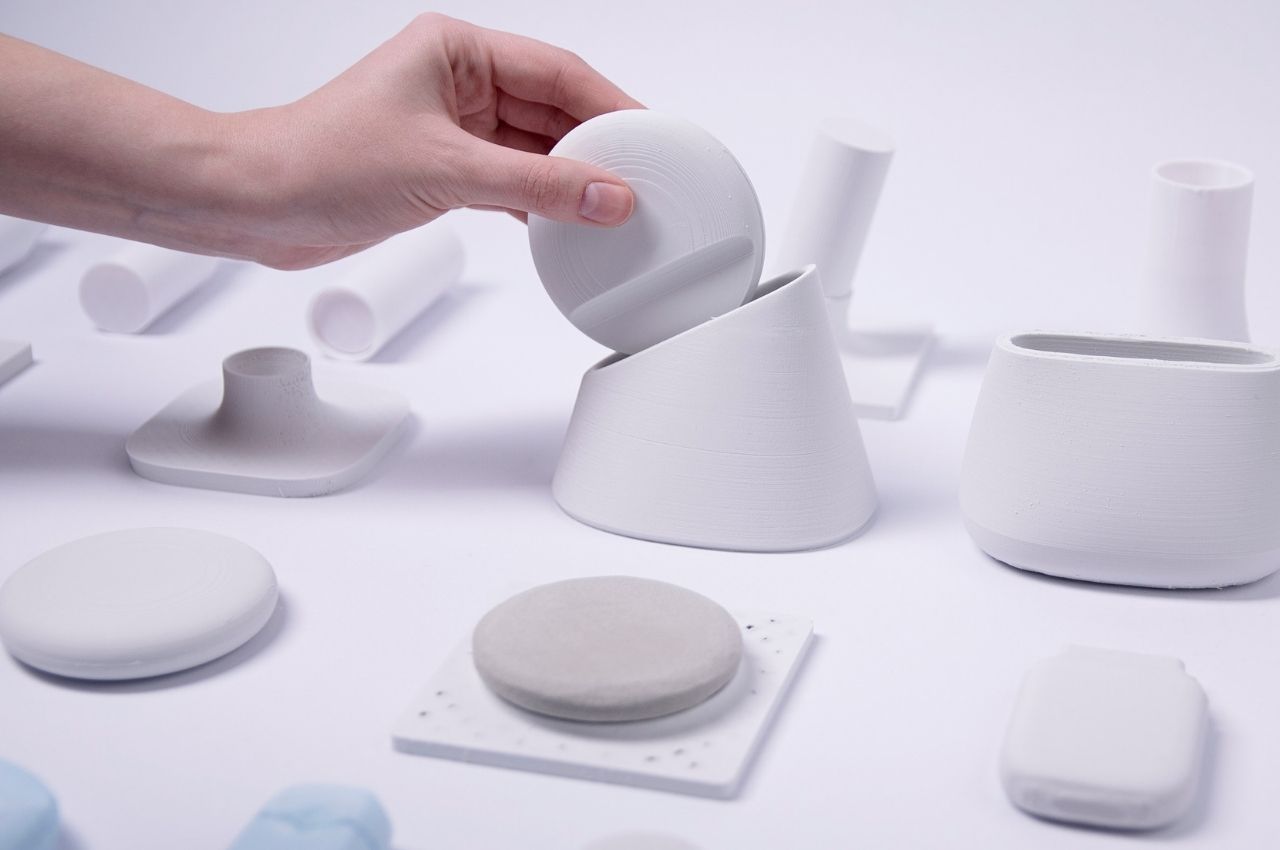
Detecting Volatile Organic Compounds (VOC) and other aerosols are used to detect things like cancer, respiratory diseases, liver conditions, and even our metabolic health. Monitoring these is especially important for aging populations but they can also sometimes be the most stubborn when using breath analysis devices. So the emergence of new technologies has been a boon for at-home care and this design concept for a Home Breath Analysis device combines technology and the design factor.
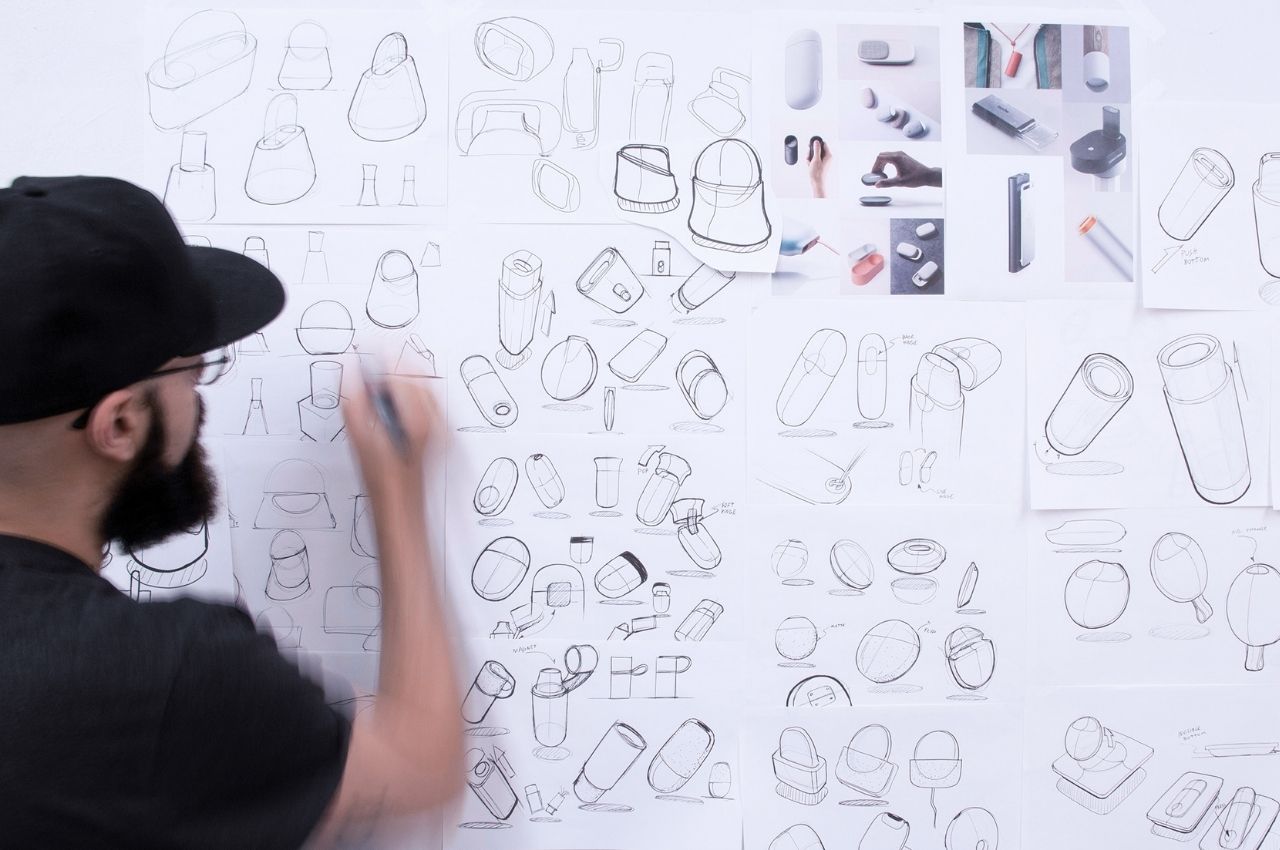
The concept moved away from the usual medical device-looking analyzers which can look scary and intimidating for some. The goal is to come up with something that is simple-looking, that would feel comfortable when being used, and can even blend with the environment and look like part of your home decoration. And of course, have a working and accurate breath analysis device. What he came up with is a circular device that doesn’t look at all like the others in the market.
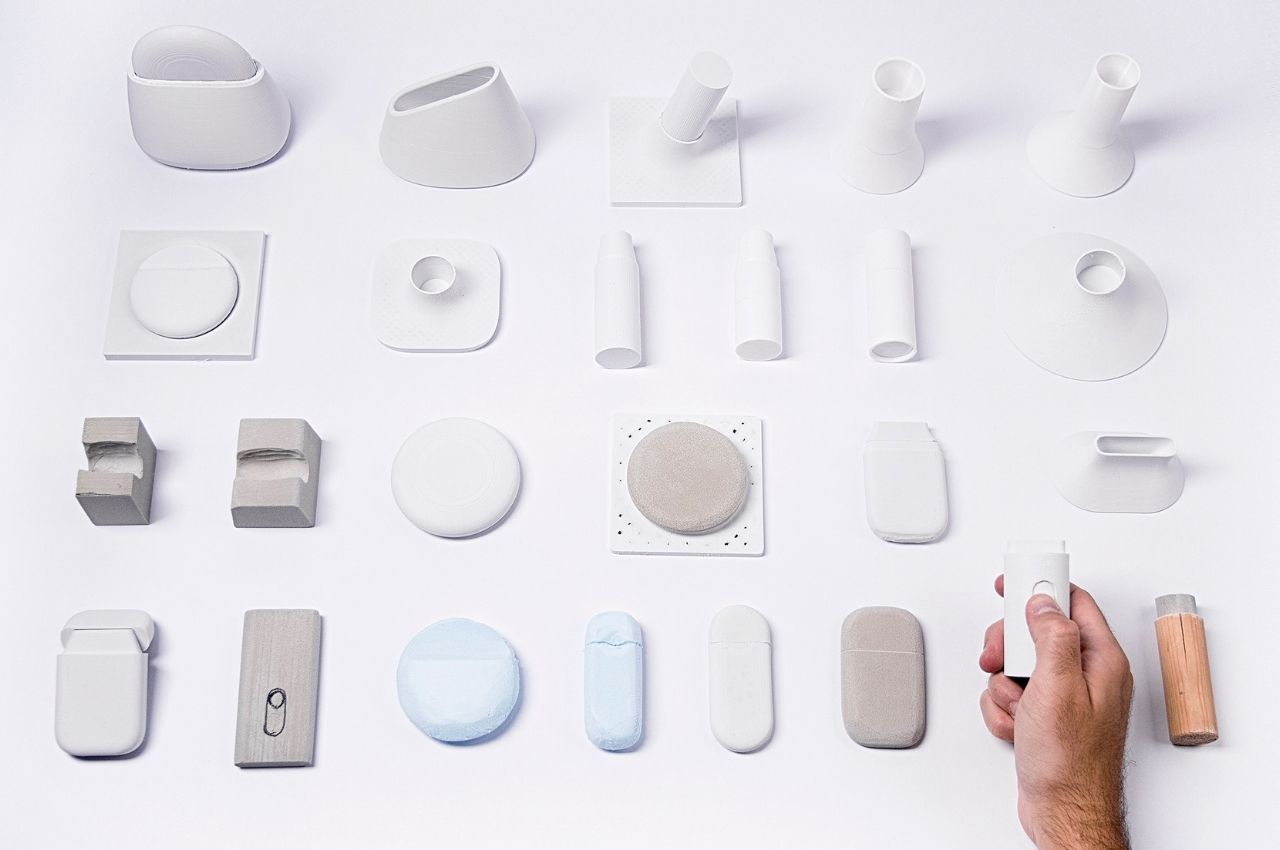
The docking station is also well-designed but the purpose is to protect the mouthpiece from dust and other particles. It of course charges the device as well through induction. Basically, the entire thing looks “non-medical” even as it’s supposed to bring a medical solution to home monitoring situations. Once the doctor gives the device to the patient, they can easily set it up at home without any medical personnel needed. There’s also an app that will connect to their Electronic Medical Records and which the doctor will have access to.
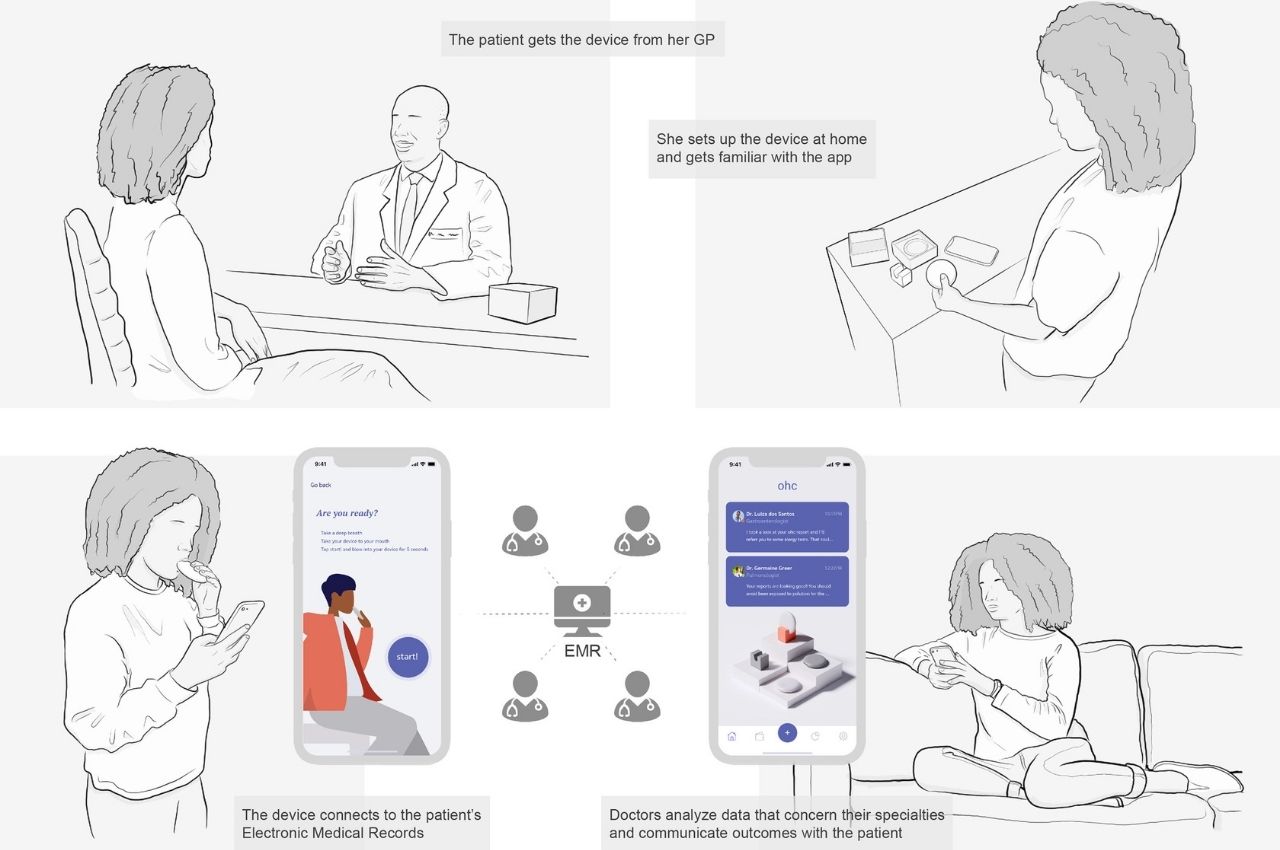
If this does become a product, it would be interesting to see if the design factor does make it easier for patients to use a breath analysis device at home. If ever it comes to a point that I would need to use one, I’d definitely prefer to use that rather than the ones that I had to use at the hospital.
